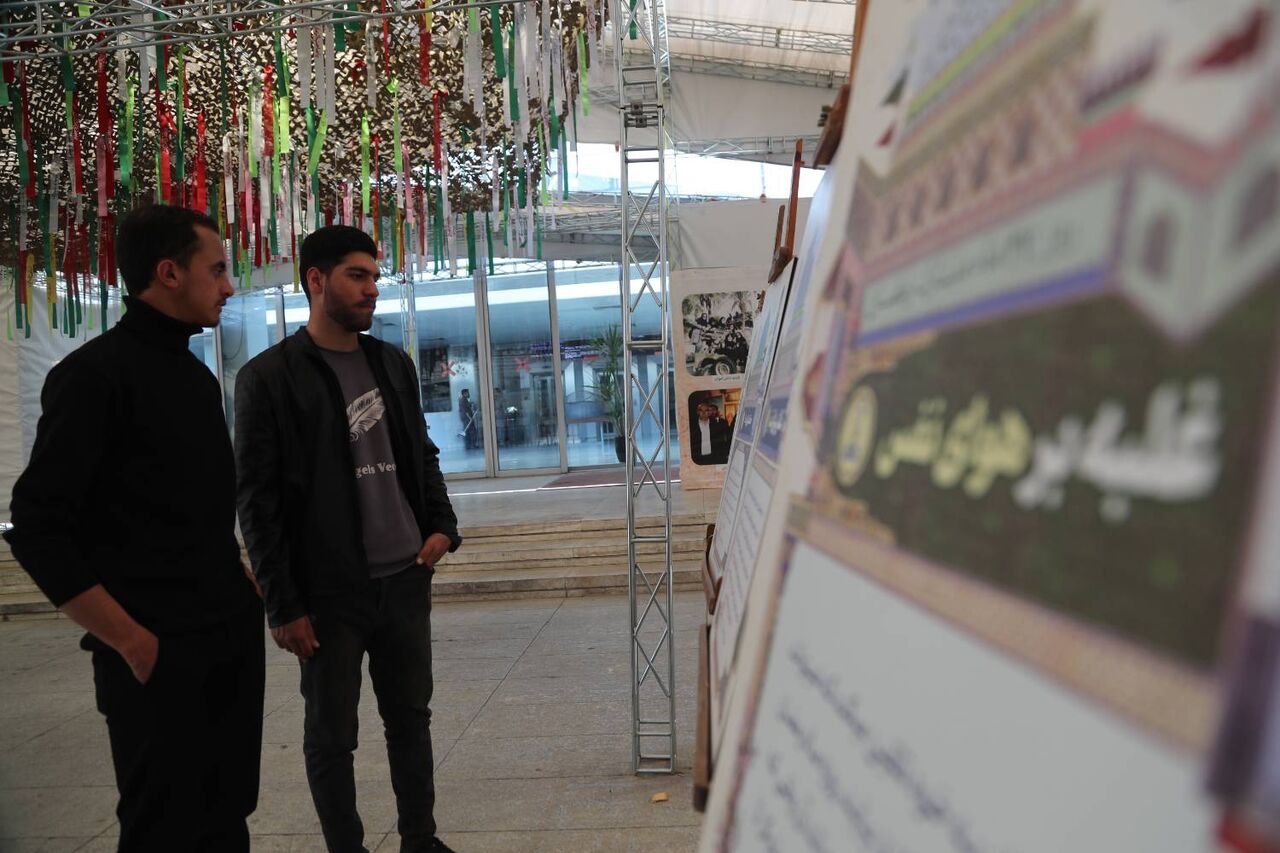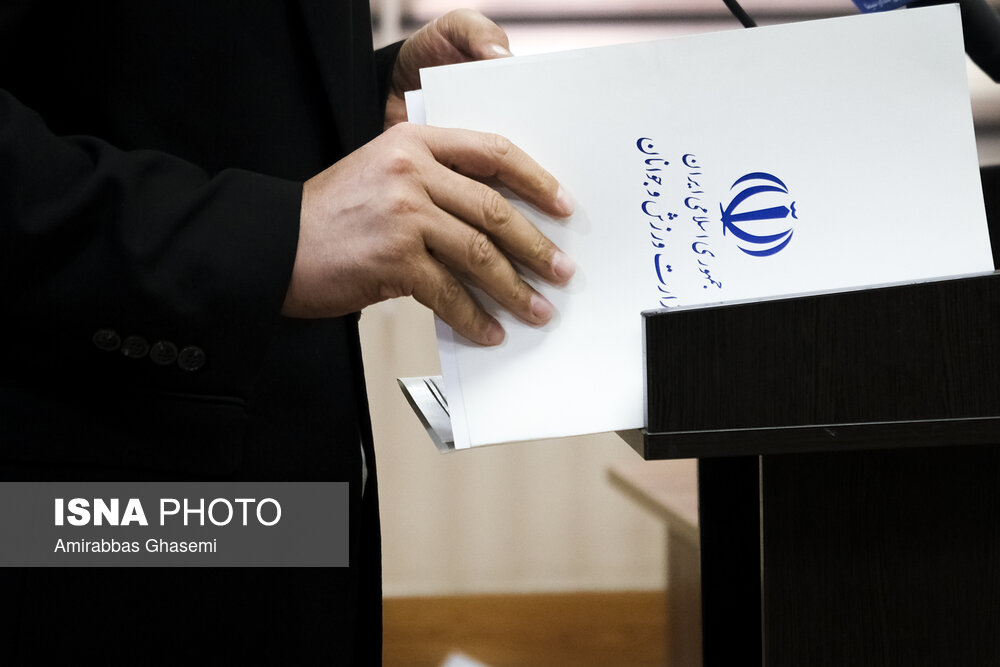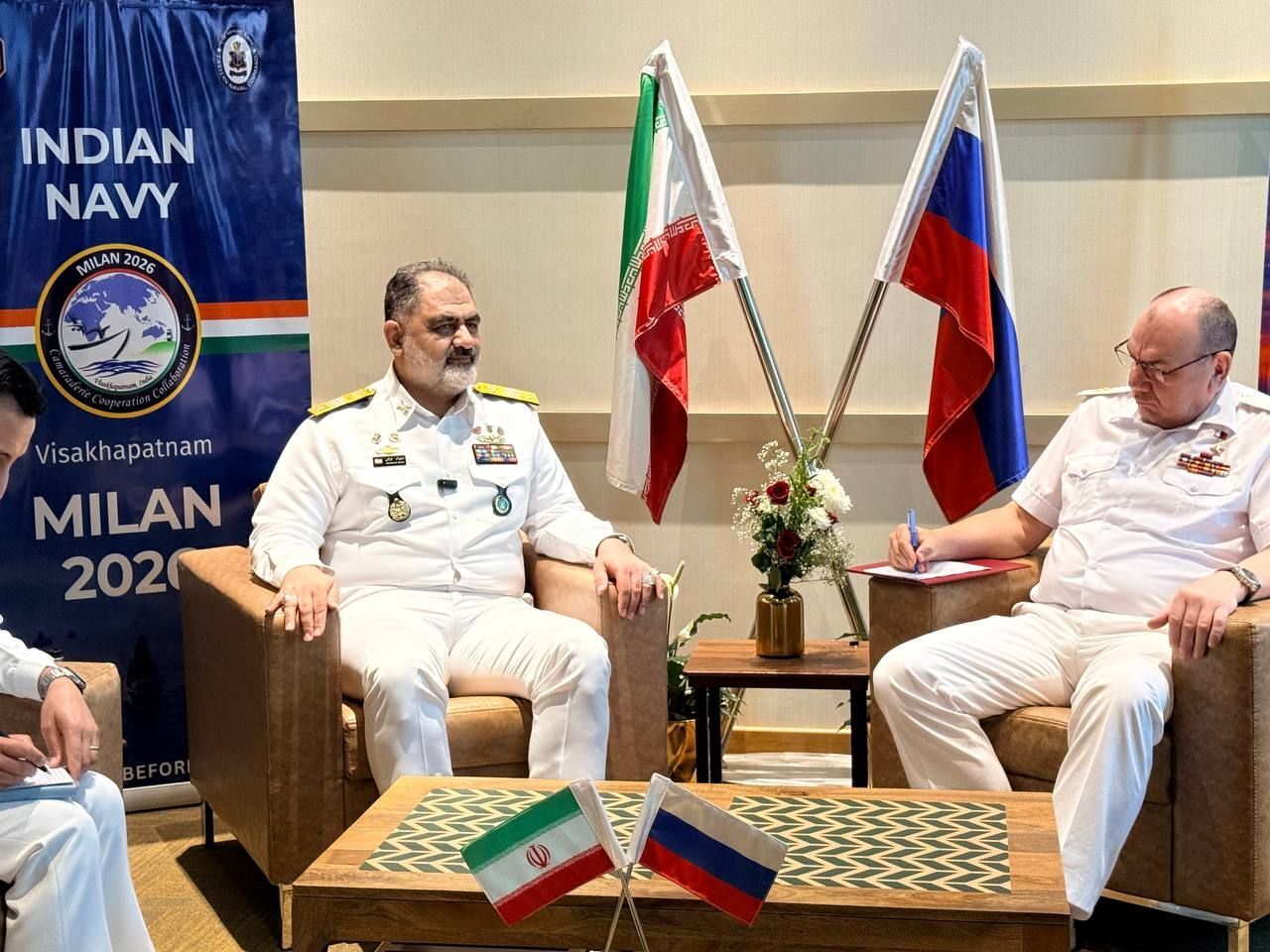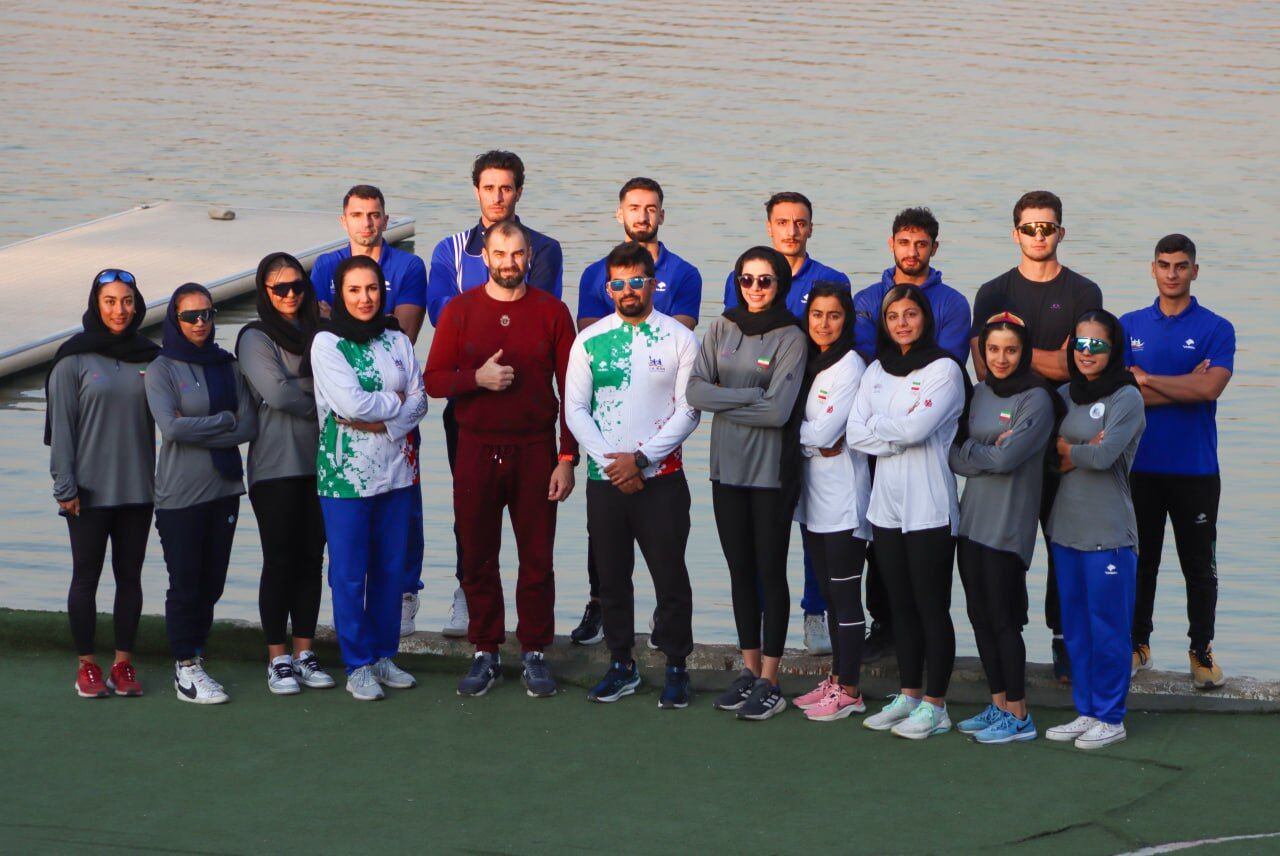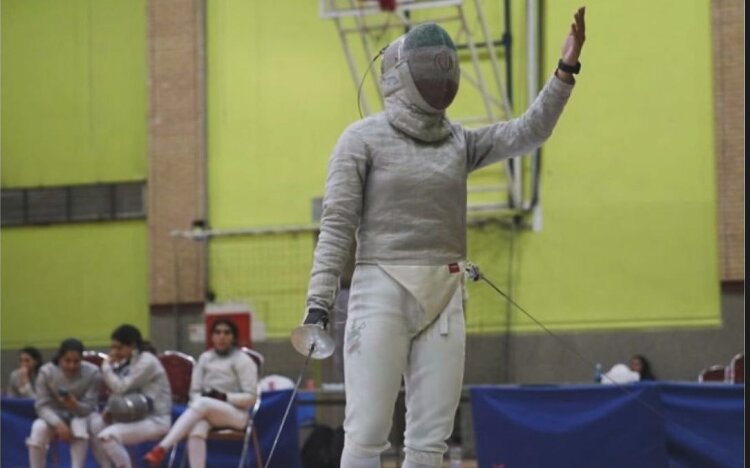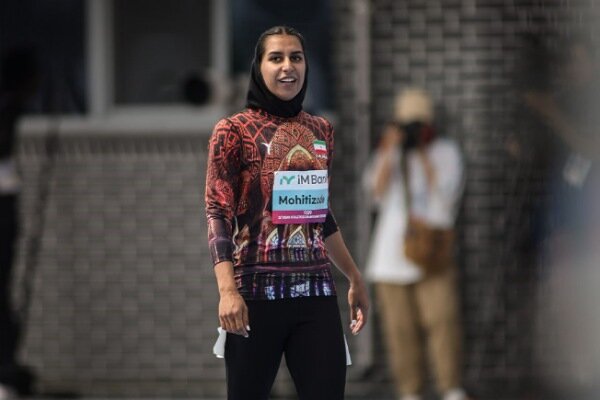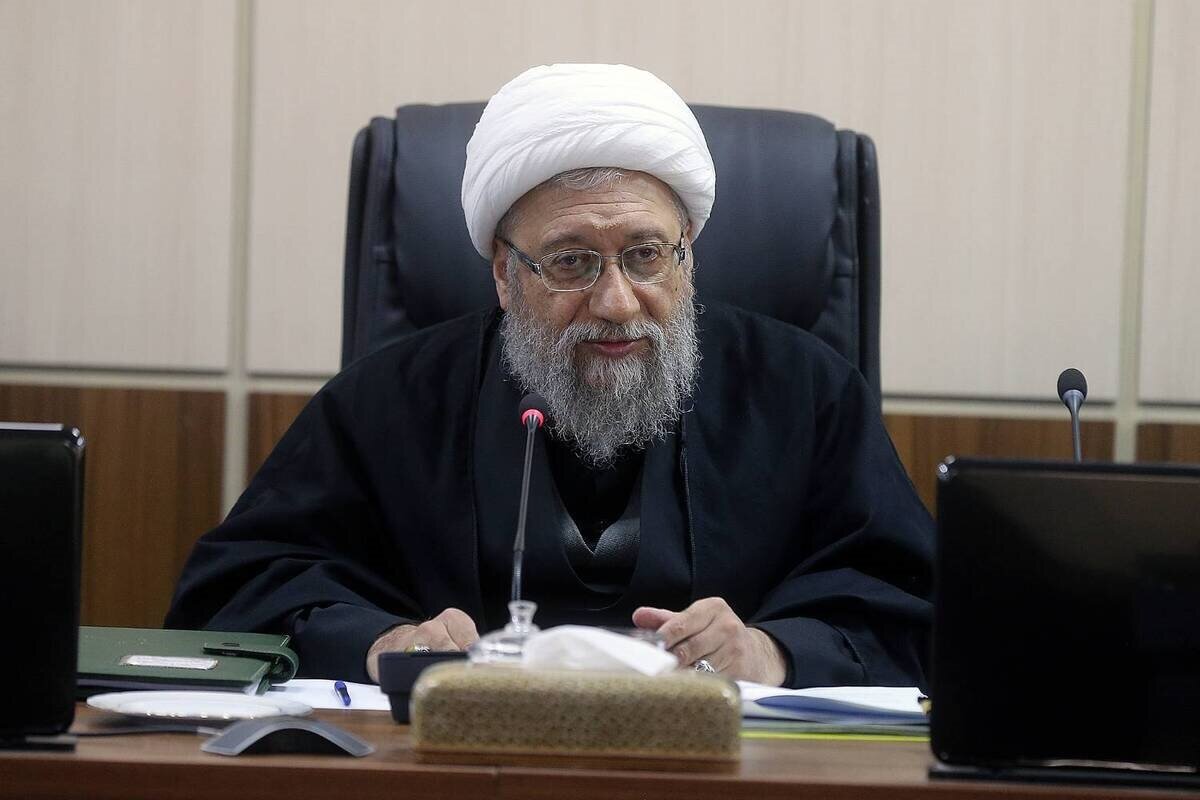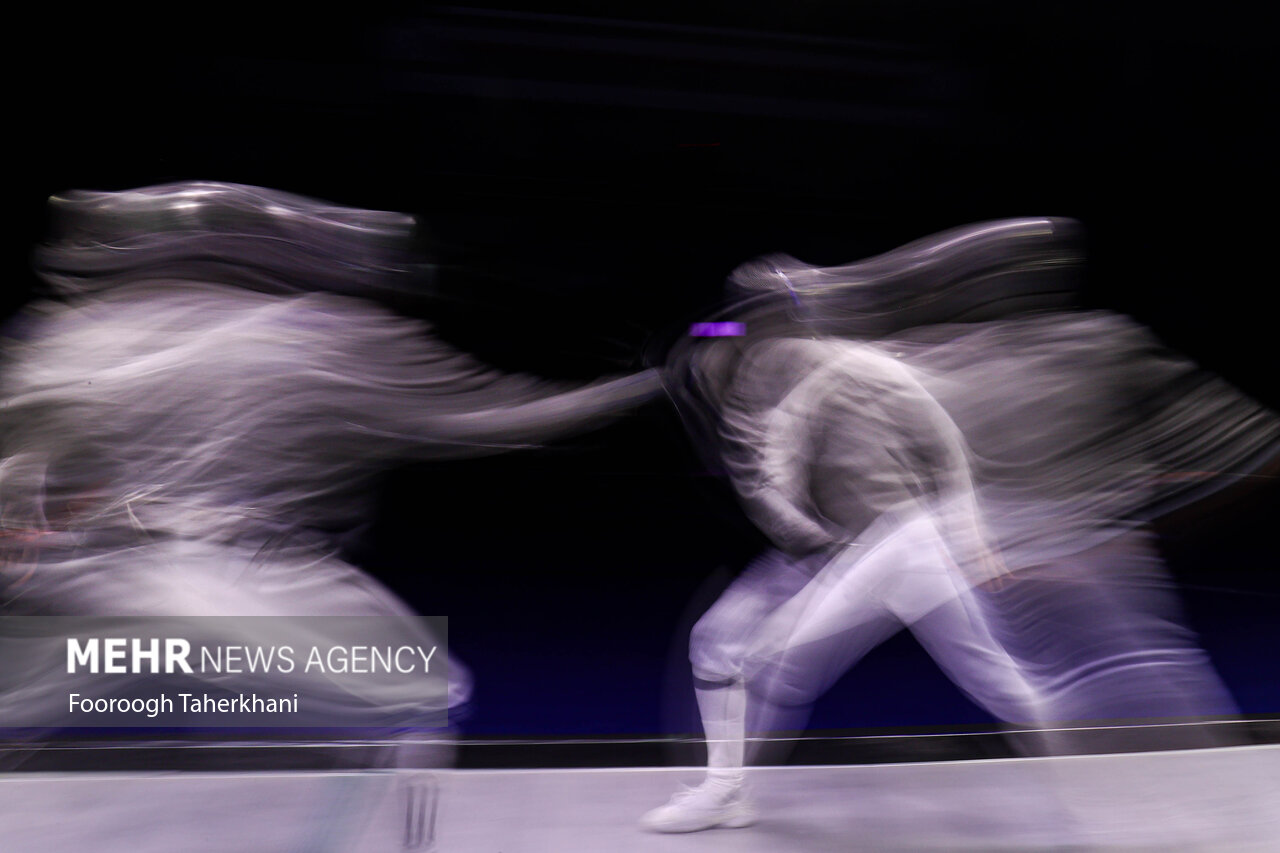Gulf states won't reconstruct Gaza without political settlement, former Jordanian foreign minister says
Gulf states won't reconstruct Gaza without political settlement, former Jordanian foreign minister says

It's no secret that US President Donald Trump wants oil-rich Gulf states to invest heavily in rebuilding the "demolition site" - as he calls it - that is Gaza after two years of Israel's genocide against the Palestinian people.
But former Jordan foreign minister and now vice president of studies at the Carnegie Endowment for International Peace in Washington, Marwan Muasher, said on Tuesday that Gulf states were not even consulted on the matter.
"The question to ask is, who's going to reconstruct Gaza?" he said during a panel at Carnegie assessing the next steps in the enclave.
"Gulf states representatives were in town last week. I heard directly from them," he added. "They said nobody consulted with us on this. Nobody asked us to reconstruct Gaza, and in the absence of a political settlement, we are not interested in reconstructing Gaza."
A political settlement that can actually endure would have to involve the recognition of a Palestinian state for the 7.5 million Palestinians across the occupied territories.
And while Trump's 20-point plan alludes to an aspiration for statehood, the administration's staunchly pro-Israel approach - led by Christian Evangelicals that do not use the term "Palestinian" - could not be further away from recognition, as its closest allies have done.
Israel's Knesset has already voted against the notion of a two-state solution entirely, despite it being the policy on which all negotiations have been based since the early 1990s.
"The EU has put billions of dollars into Gaza, only to see it bombed time and again. The EU is not going to reconstruct Gaza. The United States is not going to reconstruct Gaza," Muasher said.
"Yes, there will be pledges, there will be a conference, but it's all going to be only on paper. I'm not optimistic at all that the reconstruction of Gaza, once again, in the absence of a horizon, is going to take place."
Amr Hamzawy, the director of Carnegie's Middle East programme, said Egypt has already asked the US to help organise a reconstruction summit for Gaza, but that "the current political conditions [are] ambivalent, ambiguous, unclear".
"We do have a reconstruction plan which has been developed by Egypt [and] adopted by the Arab League," he noted of the document signed in July. "And I believe it continues to be a holistic approach for going about reconstructing Gaza. So this is not a question of the region or Palestinians not having a plan. The plan is out there. Its implementation comes down to political will on the Israeli side and a regional and international reconstruction issue."
'Nothing is clear'
Muasher admitted feeling pessimistic about Trump's ceasefire plan on the whole.
"The plan was clear on the first week. Very clear, very specific, and they end the war. Release all hostages. Beyond that, nothing is clear. Who is going to reconstruct Gaza? What is the stabilisation force to do?" he asked.
"Israel is a master at using ambiguity to push its own design."
But Palestinian statehood, he said, is the one area where he feels hopeful.
"[It's] going to happen simply because you're not going to get rid of 7.5 million Palestinians. They're going nowhere," he said.
"There are others like me who don't believe a two-state solution is possible anymore, but that's besides the point. Statehood will take place. Unfortunately, it's not going to take place soon".





